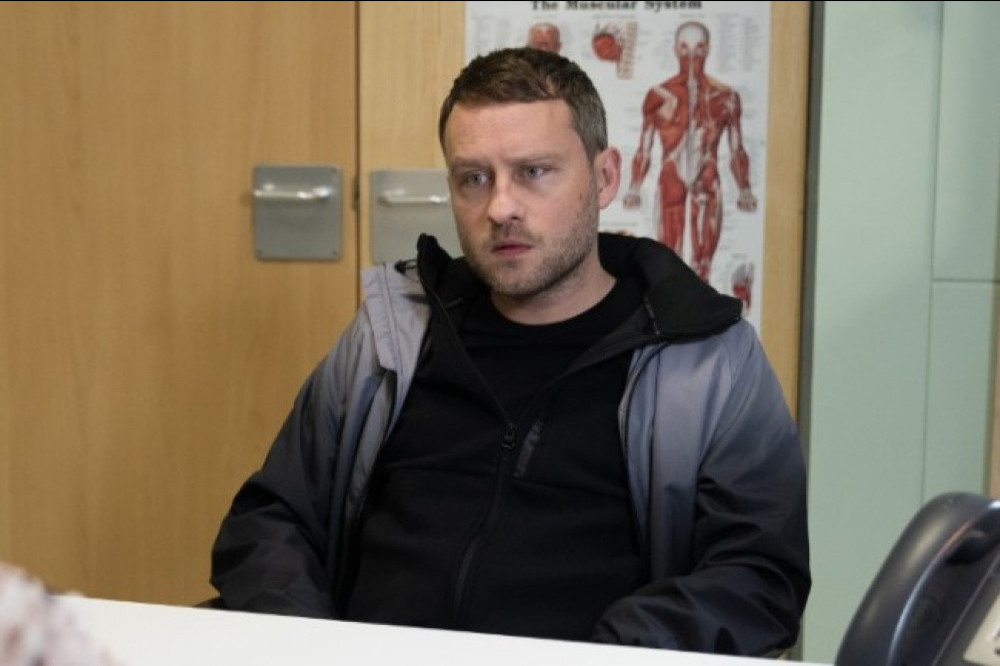'Coronation Street's Paul Foreman is set to be diagnosed with motor neurone disease in the coming weeks.

Paul Foreman will be diagnosed with motor neurone disease
The character, played by Peter Ash, will be given the devastating news in April, after he notices issues with his balance, mobility and dexterity.
The 38-year-old actor explained: "Paul is completely blindsided by the diagnosis and he decides to keep it from his family and friends as he tries to come to terms with the news."
'Coronation Street' bosses and Peter have turned to the Motor Neurone Disease Association in bid to develop a better understanding of the condition and the challenges of living with it.
Peter shared: "I knew very little about motor neurone disease before embarking on the storyline and I am hugely grateful to the Motor Neurone Disease Association for all their help and support.
"For any actor playing a role which examines a real-life issue or condition there comes a huge sense of responsibility and we are aware that some people watching this storyline are experiencing it in reality - it is their life."
Peter hopes that his storyline will help to raise awareness of what it's like for someone to live with the condition.
He said: "Awareness and education are really important.
"I have learned so much even in the short time I have been involved in this storyline. We hope Paul’s journey can make people more aware of the symptoms and what it is like for someone to live with motor neurone disease."
Chris James, the director of external affairs at the Motor Neurone Disease Association, is also pleased that 'Coronation Street' bosses have decided to explore the issue.
Chris explained: "Putting motor neurone disease in front of millions of viewers every week will raise incredible awareness and help educate people who have never come across this disease - showing the day-to-day reality for those living with it and the impact on their families, friends and neighbours too.
"The 'Coronation Street' team has been incredibly responsible when considering storylines, scenarios and scripts, spending a lot of time talking to us and members of the motor neurone disease community to ensure the on-screen portrayal of motor neurone disease is realistic, sympathetic and sensitive."

